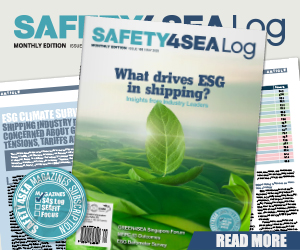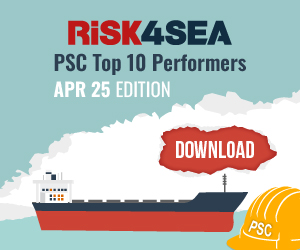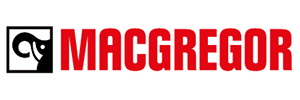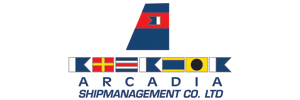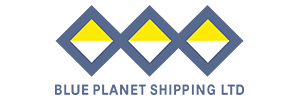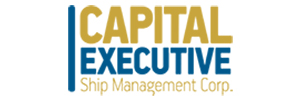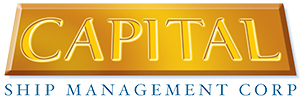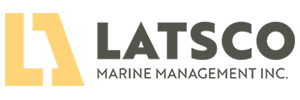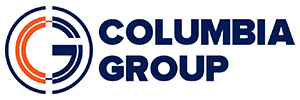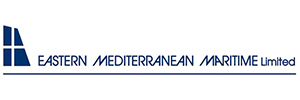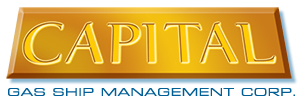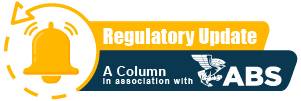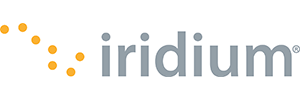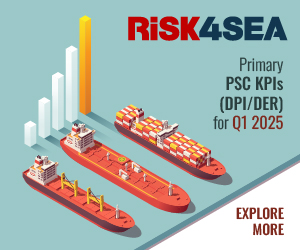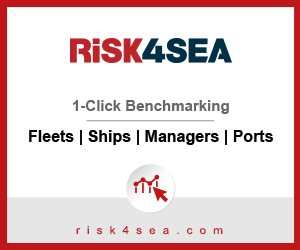ABS has issued guidance on the latest amendments to the International Code for the Safe Carriage of Grain in Bulk, introducing a new loading condition for specially suitable compartments partly filled in way of the hatch opening, with ends untrimmed.
Background
As explained by ABS, on May 23, 1991, the International Code for the Safe Carriage of Grain in Bulk was adopted by resolution MSC.23(59) (Grain Code) and clearly described, defined, and provided specific requirements for loading conditions in three classifications:
-
Filled compartments, trimmed
-
Filled compartments, untrimmed
-
Partly filled compartments
While these three loading conditions are thoroughly covered by the Grain Code, they may not adequately address all practical scenarios observed when loading ships with grain.
Section A 2.7 of the Grain Code defines a “specially suitable compartment” as the cargo space constructed with at least two vertical or sloping, longitudinal, grain-tight divisions which are coincident with the hatch side girders or are so positioned as to limit the effect of any transverse shift of grain. If sloping, the divisions shall have an inclination of not less than 30° to the horizontal.
One commonly observed loading condition involves a “specially suitable compartment,” as defined in section A 2.7 of the Grain Code, being filled to or above the bottom edge of the hatch end beams, but not reaching the maximum possible level at the hatch opening, and with the ends (outside of the hatch coaming) untrimmed. This situation was not specifically addressed in the Grain Code, leading to uncertainty in its application, which may result in a lack of necessary information to evaluate the safety of a ship under this loading condition.
Existing loading condition
Specially suitable compartment partly filled in way of the hatch opening, with ends trimmed
New loading condition
Specially suitable compartment partly filled in way of the hatch opening, with ends untrimmed
The grain cargo is secured in the coaming of a “specially suitable compartment,” with the ends trimmed as specified in A 10.6. This condition with untrimmed ends was not covered so far, making stability calculations uncertain. (Source: MSC 101/21/12)
Key notes
Application:
-
New and existing ships that intend to transport grain in bulk with the new loading condition of specially suitable compartment partly filled in way of the hatch opening, with ends untrimmed on or after January 1, 2026.
References:
-
MSC.23(59) – International Code for the Safe Carriage of Grain in Bulk
-
MSC.552(108) – Amendments to the International Code for the Safe Carriage of Grain in Bulk
Developments
The IMO Maritime Safety Committee (MSC) adopted resolution MSC.552(108) at its 108th session in May 2024, which includes amendments to the Grain Code.
A new class of loading conditions for special compartments, defined as “specially suitable compartment, partly filled in way of the hatch opening, with ends untrimmed,” is introduced. This definition refers to a compartment that is not filled to the maximum extent possible in way of the hatch opening but is filled to a level equal with or above the bottom edge of the hatch end beams and has not been trimmed outside the periphery of the hatch opening as per regulation A/10.4 of the Grain Code.
In such compartments, the bulk grain shall be filled to a level equal with or above the bottom edge of the hatch end beams but may be at its natural angle of repose outside the periphery of the hatch opening. After loading, only the free grain surface in way of the hatch opening shall be level. A compartment may qualify for this classification if it is “specially suitable” as defined in regulation A/2.7 of the Grain Code, in which case dispensation may be granted from trimming the ends of that compartment. Additional amendments in Part B of the Grain Code addressing calculation assumptions have also been made to provide guidance on the assumed slope of the cargo when partly filled in way of the hatch opening with ends untrimmed, for the purpose of determining the assumed volumetric heeling moment.
Application
The amendments will enter into force on January 1, 2026. They will apply to both new and existing ships that transport grain in bulk, under the newly defined set of loading conditions, starting from that date.
Actions for compliance
Ships that are intended to transport grain under the newly defined class of loading conditions, on or after January 1, 2026, should take into account the following:
-
The ship’s grain loading stability manual shall be updated to meet the amendments of the Grain Code in accordance with resolution MSC.552(108) and submitted to the ship’s Flag Administration or Recognized Organization (RO) for approval.
-
Alternatively, an addendum to the approved grain loading stability manual with the new condition may be prepared and submitted for approval.
-
The grain loading computer, which meets the amendments to the Grain Code, needs to be prepared and submitted for approval by the ship’s Flag Administration or Recognized Organization (RO).












































